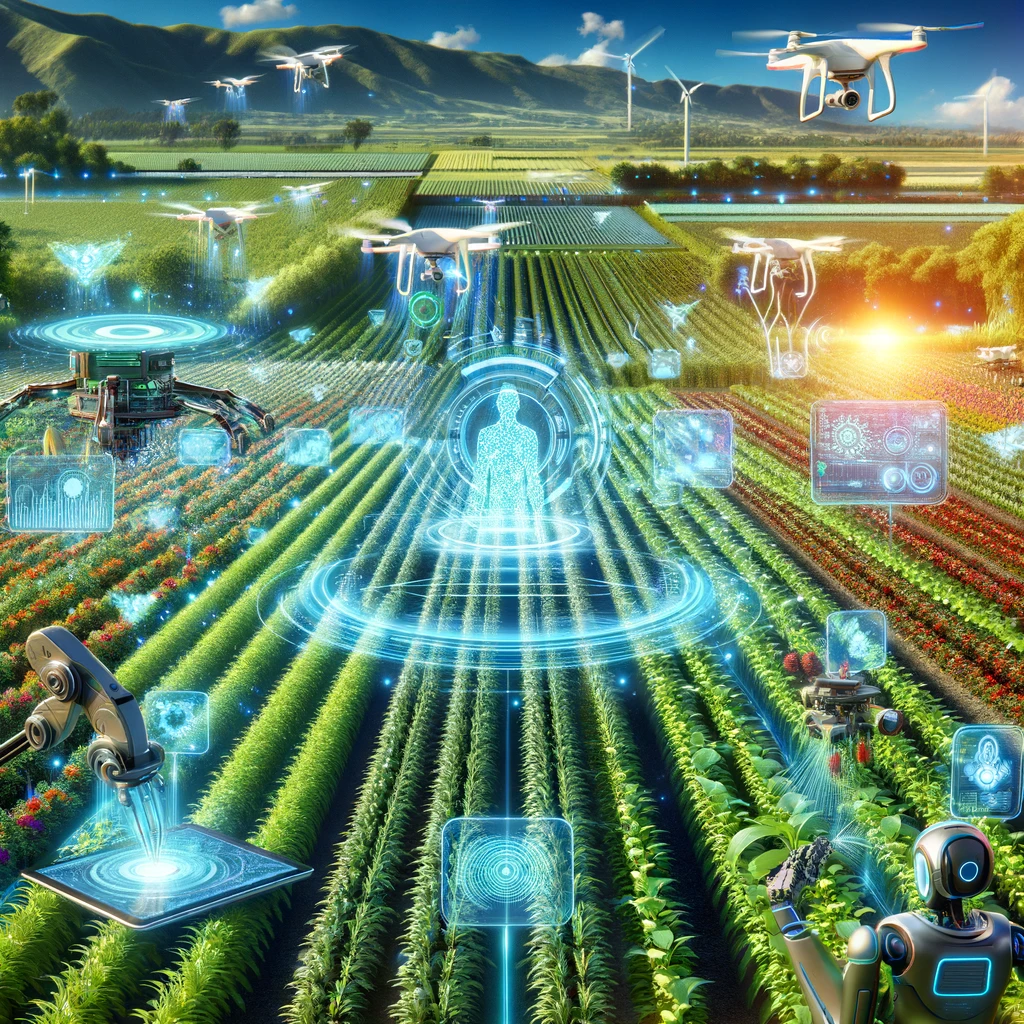Artificial intelligence (AI) is being heralded as a transformative force in agriculture, marking the sector’s fourth major revolution. At the 100th annual US Department of Agriculture Agricultural Outlook Forum, Madhu Khanna, a distinguished professor and director at the University of Illinois, Urbana-Champaign, emphasized AI’s potential to fundamentally alter farming practices. The forum featured discussions, notably in a session on February 15th, titled “Robotics and AI for Sustainable, Equitable Agricultural Systems,” where Khanna and other experts explored the myriad AI applications currently being investigated by research institutions and universities globally.
AI’s promise in agriculture is particularly evident in its application of machine learning to analyze data from various sources, including precision farming, GPS, and maps. This analysis aims to enhance decision-making and reduce uncertainties in farming, improving predictability and offering significant benefits to farmers, as highlighted by the speakers. Nonetheless, Khanna acknowledged the challenges in integrating AI into farming decisions, given farmers’ complex objectives and the general hesitance, or “algorithm aversion,” towards relying on automated systems for critical decisions.
This resistance is not unique to farming; many individuals are cautious about entrusting significant financial decisions to robots, drawing parallels to the reservations about AI management in agriculture. To overcome these challenges, Khanna advocates for improved access to farming data, which is often restricted by contractual agreements that limit data sharing and use, hindering the development of AI technologies. The importance of data accessibility and the need for enhanced data logistics were echoed by Ethan Rublee, CEO of farm-ng, who stressed the necessity for abundant, labeled data to train AI in understanding complex agricultural robotics systems.
In addition to crop farming, AI’s potential in livestock management is being explored by the Artificial Intelligence for Future Agricultural Resilience, Management, and Sustainability (AIFARMS) Institute. Here, technologies like “computer vision” are being developed to monitor animals continuously, assessing their health, reproductive status, and enabling efficient facility management with minimal human intervention.

